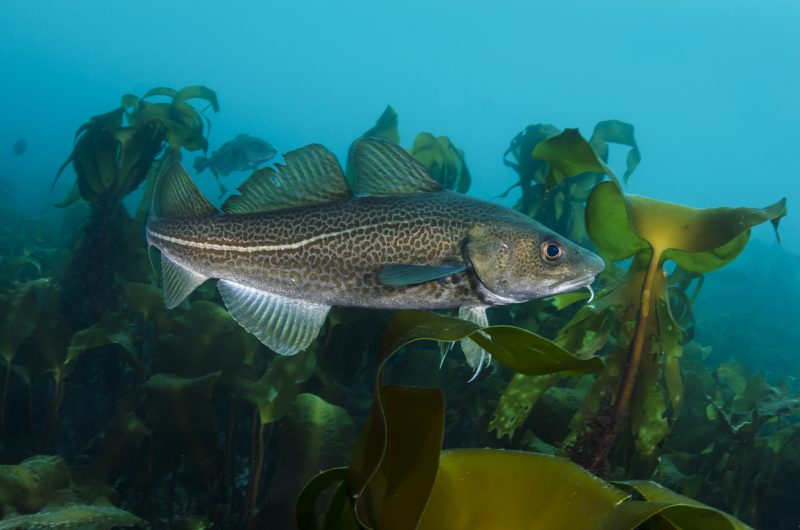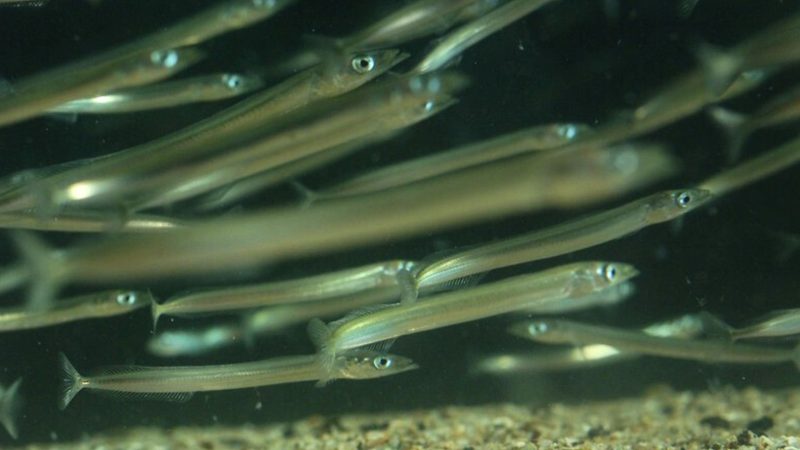Science
Footage captured by sea lions wearing lightweight video cameras has given researchers a glimpse of previously unexplored areas of the sea floor off the south coast of Australia.
A new study has raised the “intriguing possibility” that some species have evolved reproductive strategies that use the moon to help determine the sex of their offspring.
The world’s largest iceberg has been spinning on the spot for months – it’s been caught in an ocean trap.
Have you ever seen inside a colourful coral polyp?
Fisheries
The Clyde herring fishery has been recommended a 583 tonnes Total Allowable Catch (TAC).
The International Council for the Exploration of the Sea (ICES) has released its latest scientific report on the ecosystem effects of fishing activities. Meanwhile, the Russian Government is taking concrete steps towards exiting ICES. The EU continues to face dilemmas over further sanctions on Russian fish imports.
The European Commission has responded to concerns over the TAC setting process for skates and rays, and the International Seafood Sustainability Foundation (ISSF) is urging for enhanced transparency in Eastern Pacific tuna fisheries. Climate change may lead to shifts in vital Pacific Arctic fisheries.
Fiji and Japan strengthen their fisheries sector with new development assistance projects, and Canada announces more fisheries support funding.
British Overseas Territories
The Falkland Islands government has decided not to award a £120m project to Harland & Wolff despite previously naming the firm as the preferred bidder.
On 2nd August a memorial was held at the site where the Argos Georgia tragically sank.
A summary of the complexity of Diego Garcia, and birds of the Territories.
Conservation
Fishing has been found to disrupt squaretail grouper mating behaviour.
The UK has missed its opportunity to become a world leader on decapod welfare, and there are concerns over the decline of European Lobster in the Netherlands. Concerns have also been raised around population levels of key seabird species in Scotland as there has been a slow start to the breeding season.
Inland Fisheries Ireland has begun their scientific programme of recording the capture and tagging of the first Atlantic bluefin tuna for 2024, aimed at tracking their migratory patterns.
A neurotoxin called domoic acid, produced by harmful algal blooms, has been blamed as the culprit for making sea lions sick along California’s Central Coast. This toxin accumulates in filter-feeding fish like sardines and anchovies which are eaten in large quantities by sea lions.
Marine Protection
A proposal to expand one of San Diego’s 11 marine protected areas, has caused concern amongst fishermen.
Scotland’s Flow Country is the first peatland is to become a world heritage site.
The International Seabed Authority (ISA) Assembly concluded its twenty-ninth session on 2nd August, however, China’s push into deep-sea mining continues to gather speed.
The Hansard on the Convention on Biological Diversity is available to read.
Climate Crisis
Australia’s Great Barrier Reef faces critical danger from continuous bouts of extreme ocean heat. Recent extreme temperatures is the highest in four centuries and researchers say it would not have happened without greenhouse gas emissions from fossil fuels. This has also led to a mass bleaching of more than 50 million sponges in Fiordland which is estimated to have cut the population by almost half.
Italian fishers are also struggling to adapt to the warming sea. Most existing heat wave indices are failing to capture heat wave severity.
Aquaculture
Fish farming now accounts for more than a third of all fresh cod being exported from Norway.
An explosion in the oxygen supply has led to the death of around 200,000 hatchery fish at a farming facility in Norway.
Misc
Japanese commercial whalers killed their first fin whale in 50 years last week
Mines and bombs dating back to the second world war are a growing threat to marine lives and coastal communities
One to watch: For decades, Australia’s largest independent oil and gas company, Woodside, has had eyes on the largest known unconventional gas fields in the nation. However, it is buried underneath pristine coral reefs. To access it, the company would have to drill more than 50 wells around the Scott Reef system and pipe the gas 900 km along the ocean floor to a processing plant. This proposed project, known as Browse, will likely be rejected by the state’s Environmental Protection Authority.


















